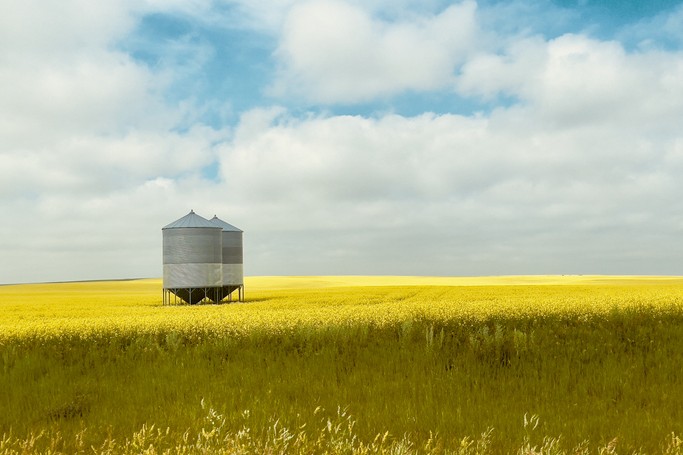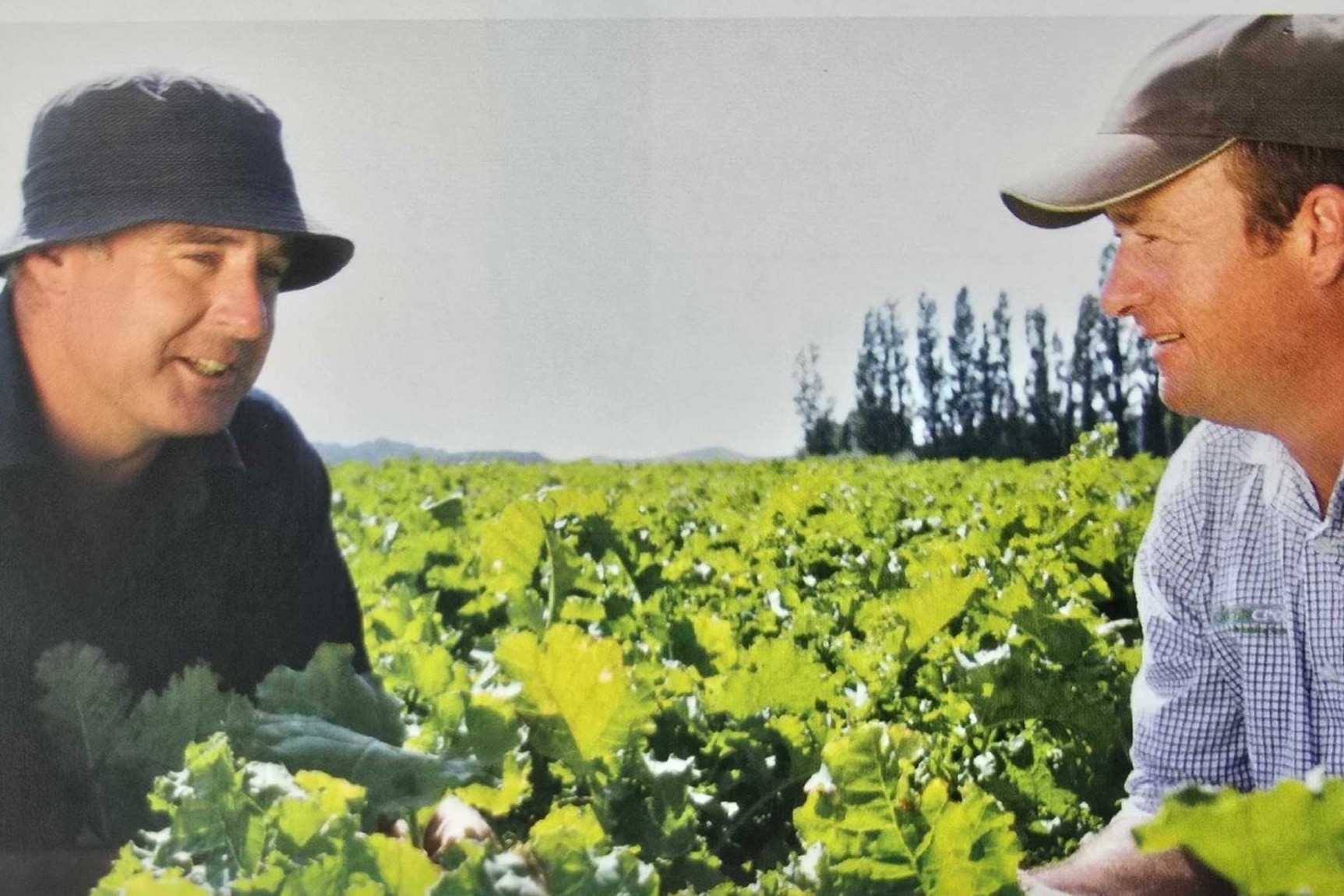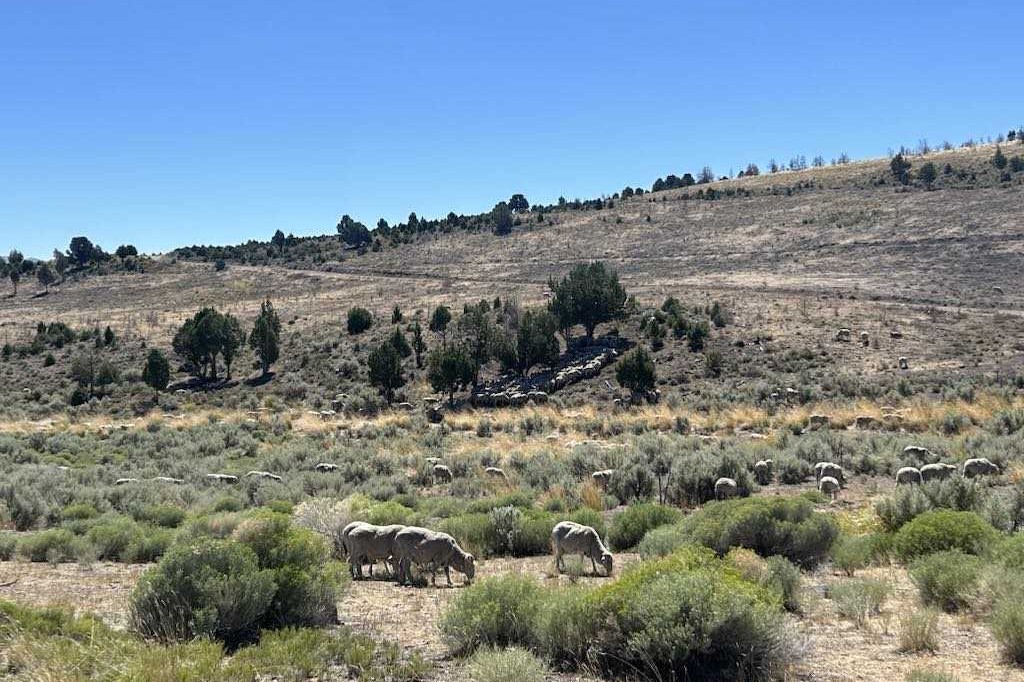Farm subsidies are being replaced with an Environmental Land Management (ELM) scheme in England. Robert Hodgkins outlines who will benefit.
We’re going through some strange times over here in the UK at the moment. Farming is in flux.
Brexit has divided the country into the ‘remoaners’ and the ‘brexiteers’. A lot was speculated about what would happen under either scenario, but little was known. Now we’re two months in and we know that it has created a paperwork nightmare for the live export industries.
There has been short term pain for the commodity markets – moving grain off-farm in December 2020 and January was pretty much impossible as everything ground to a halt while we watched and waited. Otherwise, Brexit alone would’ve created little short term change, however, supply issues were exacerbated by Covid, as products previously destined for catering markets have been piling up, waiting to be repackaged for domestic use.
Amidst the chaos, the announcement for the structure of the end of direct farm payments (subsidy) was announced. All farm ‘support’ will be phased out and replaced by a scheme called ELMs (Environmental Land Management) with a tagline, ‘public money for public goods.’ No detail for this scheme has been released yet, and a public good is still being defined. Leaving farmers and landowners hanging. Again, there’s plenty of speculation and much hope that the new scheme will go a long way to replace the previous levels of funding. Our feeling is that this new pot of cash is being asked to go a lot further – funding research and development up to national scale. We think some, like upland farmers will have profitable opportunities if they’re happy to give up or significantly scale back their farming. We think mixed farming will be a winner and largely productive lowland farming the looser. Unless they wish to open their farms up to wider public access. Covid-19 has reignited a generation’s desire to go walking in the countryside – which is bringing a new generation of dog owners to the footpaths across the countryside and a new flood of dog attacks on sheep grazing the fields near the footpaths.
It feels like direct drilling might be a big winner under the new ELMs scheme. It’s been common practice for arable farms here to bale most of their straw for the last 30 years and put nothing back.
Our neighbours went boots and all into direct drilling about 10 years ago without any preparation. Fortunately, they’re an owned farm as their farming system wouldn’t cover a commercial rent. The fear is people will be pushed down the wrong road so the government can claim they’re reducing farming emissions and sequestering soil carbon but without a real understanding of what they’re doing. Which could lead to worse weed pressures, increased run-off, increased compaction and much lower yields if people dive into the scheme without the education.
We have been growing cover crops, grazing sheep and chopping all our straw and resurrecting our field drainage systems in preparation for a change in establishment system. Five years in, we are moving to strip tilling. We don’t know where this will sit with Government support or not but we know where we’re headed and I don’t believe farming for subsidy is ever a good strategy.
Finally, the fashionable gentleman landowner is ditching farming altogether in favour of planting trees. These are either in rows between the arable – agroforestry or planted randomly for carbon offsetting. A few are simply doing nothing at all. They are rewilding the land, and getting paid handsomely for it.
If I sound bitter, I probably am. As a tenant farmer, it’s all about short term leases in the UK so none of these options are available to us. We’ll just get our heads down, keep grafting and see what shakes out. However, uncertain times and day to day big changes are threatening what we ‘knew’ yesterday and we’re seeing the first few farms go to the wall. It’s a very unsettling time to be a tenant farmer so fingers crossed we’ll make it out the other side.
In February, we launched a new onfarm venture called SheepLife Live. It will give paying members of the public a chance to come and feed an orphan lamb, have a tour of the farm at the end of lambing, do a treasure trail and play some giant garden games. This is a long way outside of our comfort zone, but we’re only 30 miles outside of central London and there’s plenty of townies to sell to. Fingers crossed we can make it work. If we can, we hope to clear about £30,000 (NZ$58,070) across 19 days.





